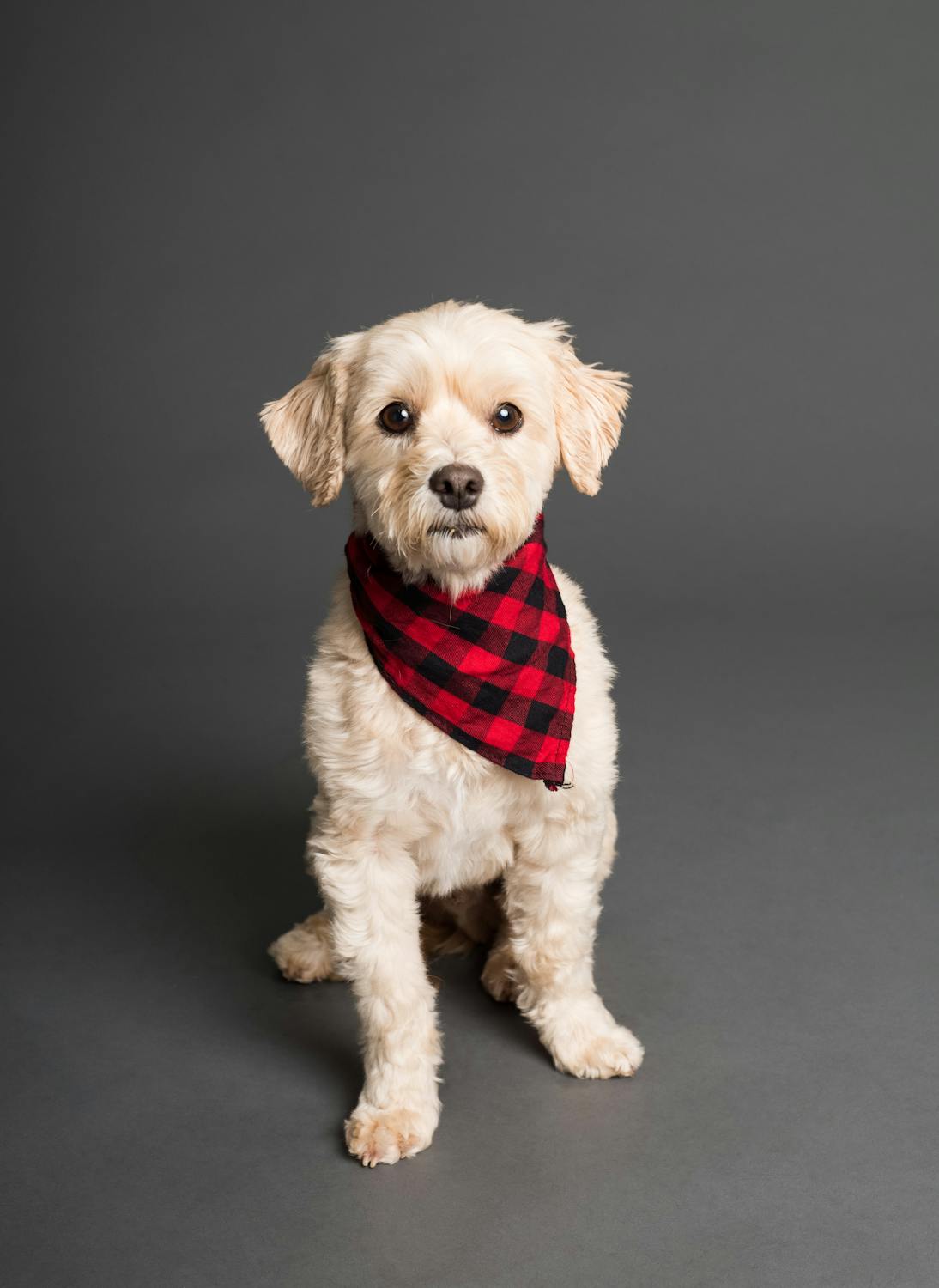

The Maltese is a toy dog named for the island of Malta, where it was probably developed nearly 3,000 years ago. This breed is an ancient one and has had its history written on the backs of several civilizations during the period when this breed was developed. With its long, flowing silky white coat and ability to be carried around in a purse, this breed is a favorite among city people because it not only integrates very well into family life, and above all children, but they remain reticent and slightly cautious around others.
Exercise
Life Span
Grooming
Size
Breed Group
Coat Type
Maltese dogs are smart but occasionally stubborn, which can make training challenging for first-time owners. These feisty and active little dogs enjoy playing and being the center of attention but may become jealous if they feel overlooked. Maltese are fun-loving and make excellent watchdogs, despite their small size. They do well with children under supervision and can coexist harmoniously with other pets, though they may display some territorial behavior. With their charming and energetic nature, Maltese are ideal companions for families or individuals seeking a small, lively pet. Patience and consistency are key when raising and training a Maltese.
Maltese are intelligent and eager to learn new tricks, but their occasional stubbornness requires consistency and patience. Positive reinforcement, such as treats and praise, works well during training sessions. Recall training is essential, as their small size and independent nature can lead to distractions during walks or playtime. Maltese dogs are energetic and need daily exercise, though it should be moderate. Short walks, interactive games like fetch, and mental stimulation are ideal. Puppies, in particular, should not be overexercised to protect their developing joints. A total of 15 to 30 minutes of activity per day is usually sufficient to keep a Maltese fit and happy.
While Maltese dogs are generally healthy, they are prone to certain health issues:
Dental Problems: Due to their small mouths, they are susceptible to dental disease. Regular brushing and vet check-ups are essential.
Patellar Luxation: A condition where the kneecap dislocates, causing pain and mobility issues. Maintaining a healthy weight can reduce the risk.
Hypoglycemia: Low blood sugar is common in puppies. Feeding small, frequent meals helps prevent this condition.
Eye Problems: Maltese may develop tear stains and are prone to eye infections. Regular cleaning and monitoring can help.
Tracheal Collapse: A condition where the airway collapses, often exacerbated by pulling on the collar. Using a harness instead is recommended.
Maltese have long, silky coats that require regular care to maintain their appearance. Daily brushing prevents matting and tangles, while baths every 4 to 6 weeks with mild dog shampoo keep their coat shiny and healthy. Use only canine-specific products to protect their sensitive skin. Regular cleaning of their eyes and ears helps prevent infections. Nail trimming every few weeks is essential to avoid discomfort. Additionally, check for parasites, lumps, or bumps during grooming, especially after outdoor activities. Gentle handling is important due to their small size and delicate joints.
Maltese require a well-balanced diet tailored to their size and energy needs. High-quality small-breed dog food is ideal, with small, frequent meals to sustain their energy levels and prevent hypoglycemia. Puppies need food with higher protein content to support growth. Adult Maltese typically require 1/2 to 1 cup of food daily, divided into two meals. To prevent obesity, keep fat content low and adjust portion sizes based on their activity level and weight. Always consult a veterinarian to ensure their diet meets their specific health and age-related requirements.